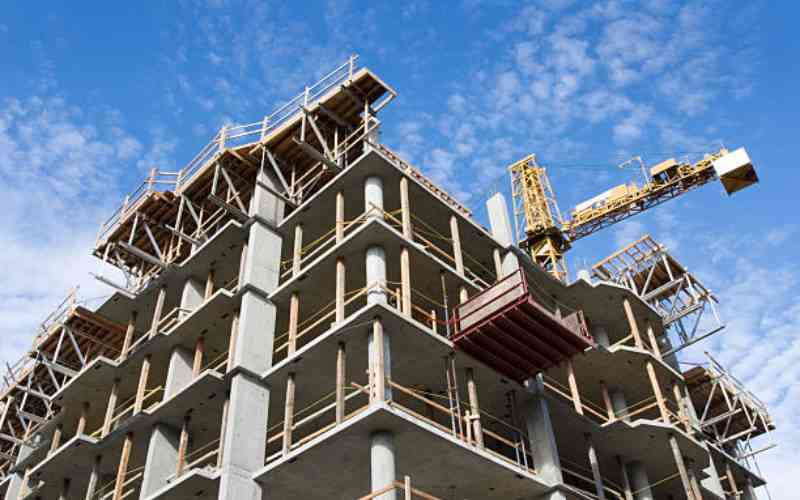×
The Standard e-Paper
Fearless, Trusted News

Apartment owners have a right to be consulted over any additional development on their property.
The order was made by Justice Sila Munyao last week in a judgment stopping a developer from building additional floors on top of existing apartment blocks which had been sold to an individual in Nyali.